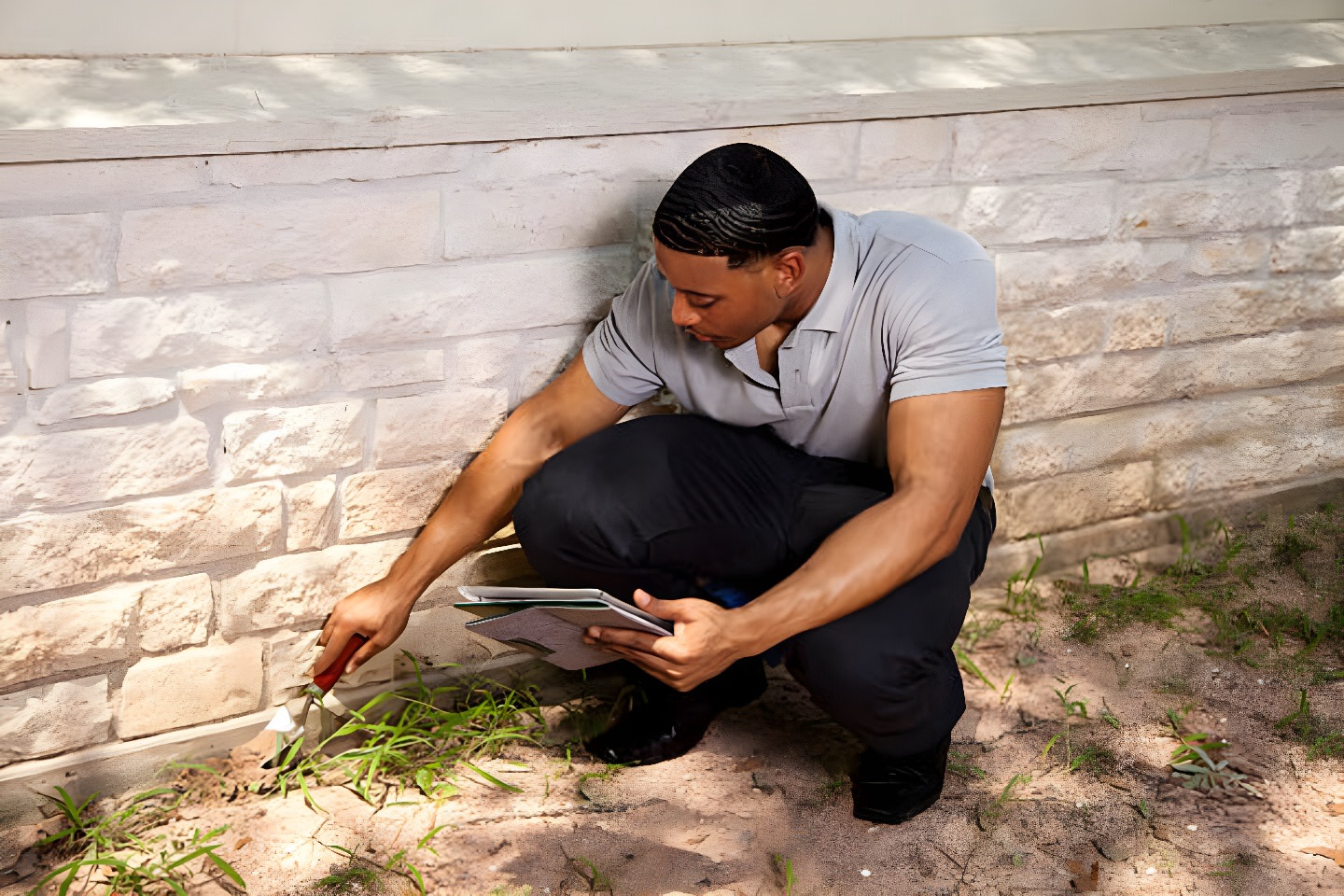
Types of Home Inspections: A Guide to Informed Home Buying
Buying a home represents one of the most significant lifetime investments you’ll make. It’s not just about finding the perfect location or the right number of bedrooms; it’s also about ensuring the property’s good condition. This is where home inspections come into play. Home inspections are a critical part of the home-buying process, offering various types of inspections for buyers to consider. These inspections help protect their investment and enable informed decision-making.
- General Home Inspection:
The most common inspection type, a general home inspection, provides a comprehensive overview of the property’s condition. A licensed inspector examines structural integrity, electrical systems, plumbing, HVAC systems, the roof, and more. This inspection helps buyers identify potential issues and necessary repairs. - Termite Inspection:
Termites can significantly damage a home’s structural integrity. A termite inspection assesses if the property is infested with these wood-destroying pests. If termites are detected, buyers can negotiate repairs or treatment with the seller. - Radon Testing:
Radon is a colorless, odorless gas that can seep into homes, posing health risks. Radon testing measures radon gas levels in the property. High levels of radon can be mitigated, but it’s essential to know if you’ll need to address this issue. - Mold Inspection:
Mold can be a health hazard and may indicate water damage or poor ventilation. A mold inspection assesses mold presence and identifies type and extent of infestation. Buyers can then decide if remediation is necessary. - Lead-Based Paint Inspection:
For homes built before 1978, lead-based paint may be a concern. A lead-based paint inspection determines if there is lead-based paint in the home. If found, proper removal or containment measures must be taken. - Well and Septic Inspection:
Properties with well water and septic systems require specialized inspections. These assessments evaluate well, septic tank, and drainage field condition and functionality. Buyers need to know if these systems are in good working order. - Pool and Spa Inspection:
If the property has a pool or spa, specialized inspection is essential. This inspection covers pool structure, equipment, and safety features to ensure compliance with local regulations. - Asbestos Inspection:
Older homes may contain asbestos, a hazardous material when disturbed. An asbestos inspection identifies asbestos-containing materials and recommends safe removal or encapsulation. - Chimney Inspection:
A chimney inspection checks the condition of the chimney, flue, and fireplace to ensure safe use and identify needed repairs. - Energy Efficiency Audit:
While not technically an inspection, an energy efficiency audit helps assess the home’s energy performance. It provides recommendations for improvements that can save on utility bills in the long run. - Foundation Inspection:
A foundation inspection focuses on the home’s base, assessing foundation walls, footings, and overall structural stability. Any foundation issues can lead to costly repairs, making this inspection crucial for peace of mind. - Electrical Inspection:
While general home inspections cover electrical systems, a specialized electrical inspection provides a more in-depth analysis. It identifies potential fire hazards, outdated wiring, and overall electrical safety. - Roof Inspection:
Roofs are susceptible to wear and tear over time. A dedicated roof inspection examines shingles, flashing, gutters, and potential leaks or damage. Knowing the roof’s condition helps buyers plan for maintenance or replacement. - Sewer Line Inspection:
The sewer lines’ condition is often overlooked but can be a costly issue if damaged or blocked. A sewer line inspection uses specialized cameras to assess the sewer system’s integrity and identify problems. - HVAC System Inspection:
In addition to general inspections, a more detailed HVAC inspection assesses heating and cooling systems’ efficiency, age, and necessary repairs or upgrades. This inspection ensures comfort and energy efficiency. - Water Quality Testing:
Water quality testing is especially important for homes with private wells. It can reveal contaminants like bacteria, heavy metals, or chemicals that may require filtration or treatment. - Boundary Survey:
A boundary survey confirms the property’s boundaries, helping buyers understand property lines and potential encroachments. This is useful for future landscaping or construction projects. - Environmental Hazard Inspection:
Depending on the property’s location, an environmental hazard inspection may be necessary. It assesses natural disaster risks, such as flooding, earthquakes, or wildfires, providing valuable information about potential hazards. - Historic Home Inspection:
For historic properties, a specialized historic home inspection is essential. It focuses on preserving historical integrity while identifying necessary maintenance or restoration work. - Pest Inspection:
In addition to termite inspections, a broader pest inspection can identify other pests like rodents, ants, or cockroaches present on the property.
In conclusion, the range of home inspections available allows buyers to tailor assessments to the property’s specific needs. While not all inspections may be necessary for every purchase, understanding the options and consulting with a qualified inspector can help buyers make informed decisions and protect their new home investment. Remember that investing in these inspections is a proactive step toward a smooth and confident home-buying experience.
A thorough home inspection is vital in the home-buying process. Buyers should consider various inspection types based on property characteristics and concerns. These inspections help buyers make informed decisions and understand potential issues requiring attention or negotiation with the seller. Investing in these inspections can save buyers from unexpected expenses and ensure their new home’s safety and quality.






